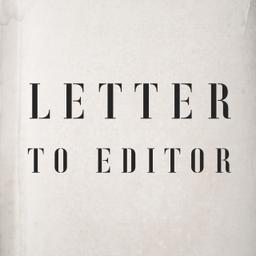I returned from a long trip some seven years ago and, after indulging in a high-sodium dinner (a six-piece fried chicken meal), happened to check my blood pressure. I had never been diagnosed or treated for hypertension, but being a retired physician, I kept a blood pressure cuff in the house and would check my own and my wife’s pressure occasionally. On the evening in question, the reading was 180/100, an alarming level. Although the level decreased to 150/100 later that night, I thought it appropriate to consult a friend-physician the next day, had blood work ordered, and discovered that my kidney function was abnormal, presumably from undiagnosed hypertension. Undiagnosed, possibly, due to the fact that I had never visited my doctor after a six-piece fried chicken dinner.

|Updated:
I found the article “Rethinking the War on Salt” by Conan Milner published on Wednesday, March 17, to be in dramatic contrast with my own personal and medical experience and thought a note to your readers appropriate in order to disabuse them of potentially harmful information. Probably the best way of illustrating this point is to relay my own medical issues in regard to salt intake, bolstered by the subsequent experience of many friends and associates regarding their salt intake. Presidential Thinking Capacity: Brilliant or Incompetent? Comparing Presidents Ronald Reagan and Joe Biden


